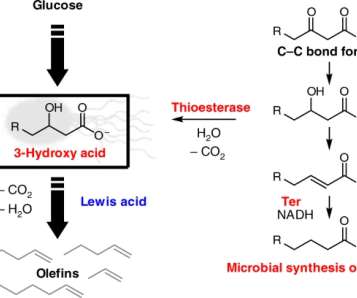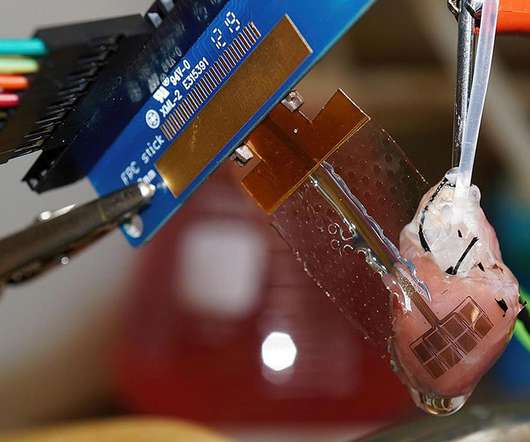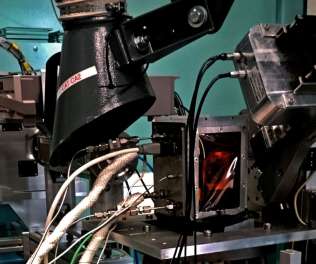New solid polymer electrolyte outperforms Nafion; novel polymer folding
Green Car Congress
JUNE 4, 2018
Researchers, led by a team from the University of Pennsylvania, have used a polymer-folding mechanism to develop a new and versatile kind of solid polymer electrolyte (SPE) that currently offers proton conductivity faster than Nafion by a factor of 2, the benchmark for fuel cell membranes. Trigg, then a doctoral student in her lab.

































Let's personalize your content